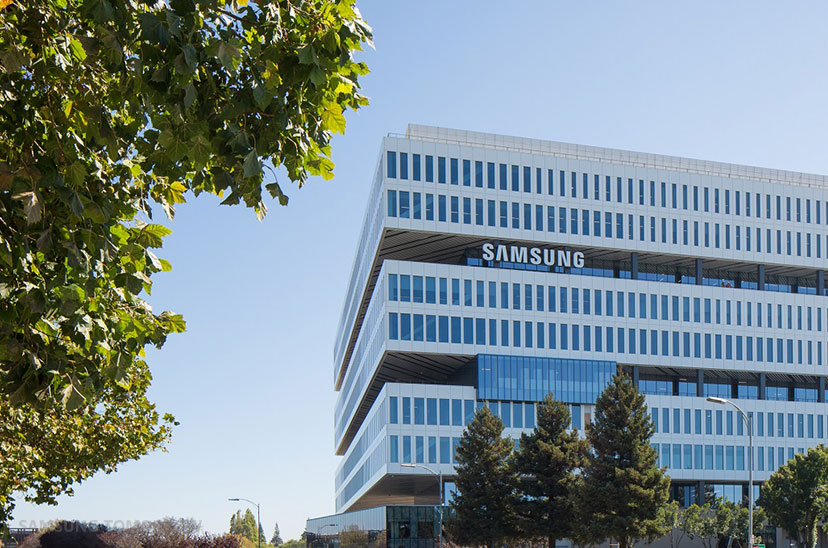 POLICY
POLICY
 POLICY
POLICY
 POLICY
POLICY
A dispute between Japan and South Korea over wartime reparations has resulted in the Japanese government imposing export restrictions on high-tech material to South Korea used in smartphones, causing potential supply issues for the world’s largest smartphone manufacturer Samsung Electronics Co. Ltd.
The new export controls, effective starting July 4 according to a report Sunday from Reuters, will slow the supply of fluorinated polyimide used in smartphone displays, as well as resist and high-purity hydrogen fluoride, used as an etching gas in chipmaking.
The controls don’t ban the sale of those materials to South Korea, just makes them harder to export. Under the newly imposed restrictions, Japanese exporters will have to apply for export permission for every shipment of the materials they wish to ship to South Korea, a process that takes about 90 days. Currently no such restriction exists on the export of the materials.
Japan is said to produce about 90% of the world’s fluorinated polyimide as well as 70% of the world’s resist and high-purity hydrogen fluoride, making finding alternative providers difficult for South Korean manufacturers, Japan Today reported.
It’s not known how much of the materials companies such as Samsung as well as LG Electronics Inc. hold in reserve. A 90-day delay in shipments of the restricted materials could result in manufacturing disruptions as stocks run dry as the companies await new shipments.
Coming a day after President Trump lifted some bans on the exports of technology to Huawei Technologies Co. Ltd., the dispute between Japan and South Korea is different even if similar tactics are being used.
Unlike Huawei, which was a pawn used as part of the broader China-U.S. trade war, Japan’s issue with South Korea stems from a ruling by South Korea’s Supreme Court that Japan’s Nippon Steel must compensate South Koreans for forced labor during World War II. Japan argues that the matter of forced labor was settled in 1965 when the two countries restored diplomatic ties.
“South Korea has failed to show any measures on the forced labor issue … and damaged mutual trust,” an official from Japan’s Ministry of Economy, Trade and Industry is quoted as saying.
Arguably imitating President Trump when it comes to using trade policy and restrictions as part of a broader negotiating tactic, Japan is seemingly attempting to strong-arm South Korea over the issue by restricting supply to one of its biggest and most important companies.
Support our mission to keep content open and free by engaging with theCUBE community. Join theCUBE’s Alumni Trust Network, where technology leaders connect, share intelligence and create opportunities.
Founded by tech visionaries John Furrier and Dave Vellante, SiliconANGLE Media has built a dynamic ecosystem of industry-leading digital media brands that reach 15+ million elite tech professionals. Our new proprietary theCUBE AI Video Cloud is breaking ground in audience interaction, leveraging theCUBEai.com neural network to help technology companies make data-driven decisions and stay at the forefront of industry conversations.